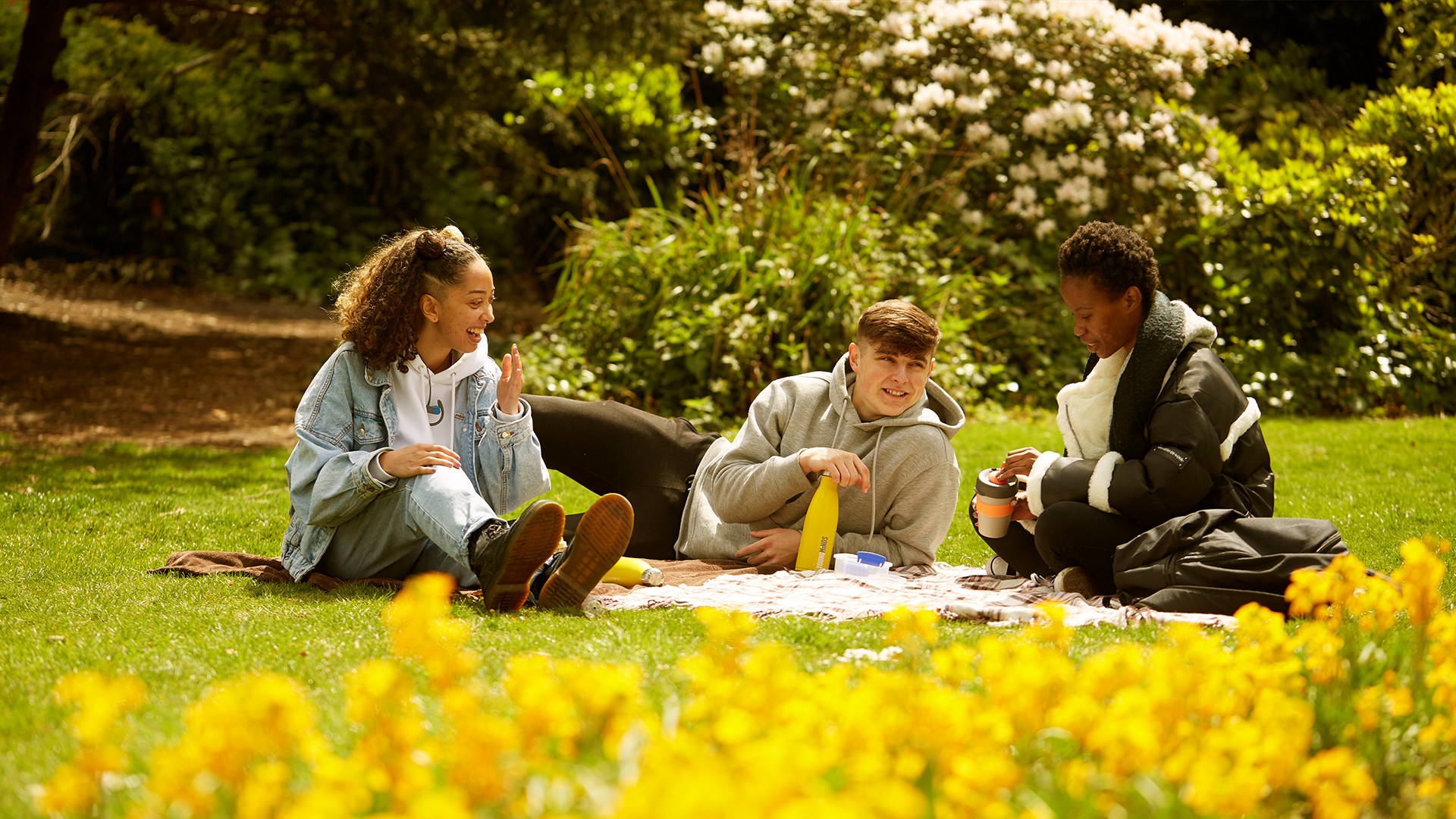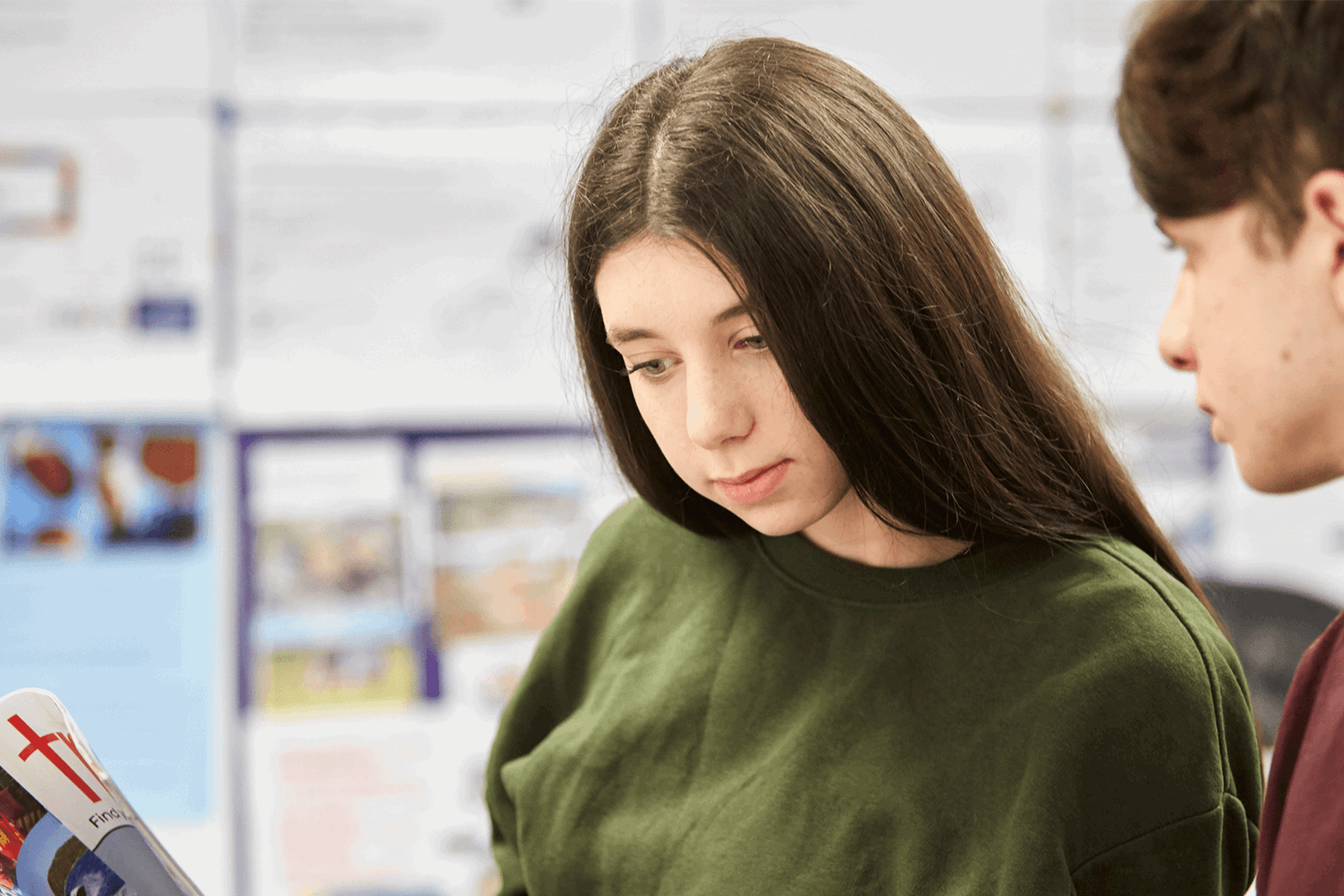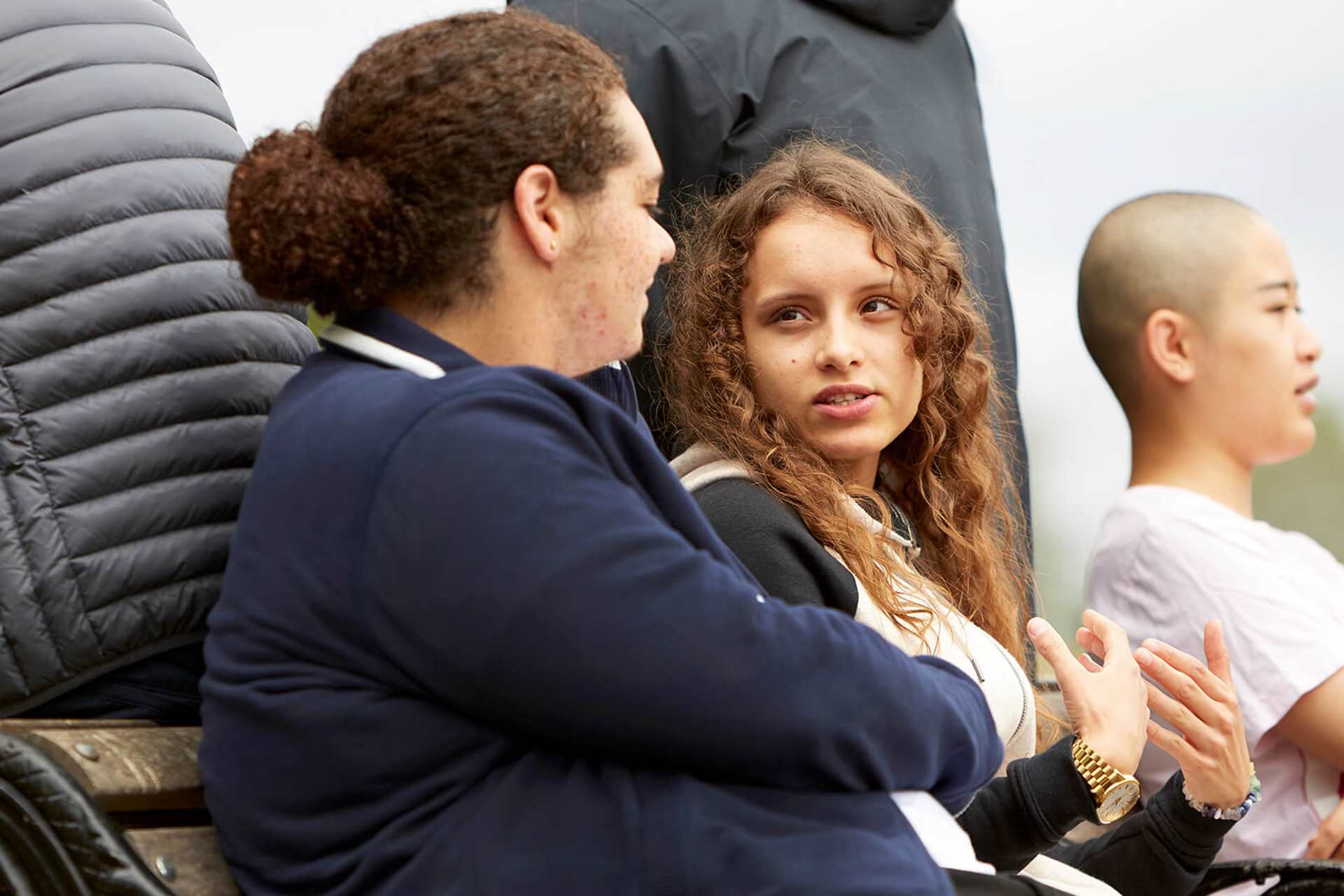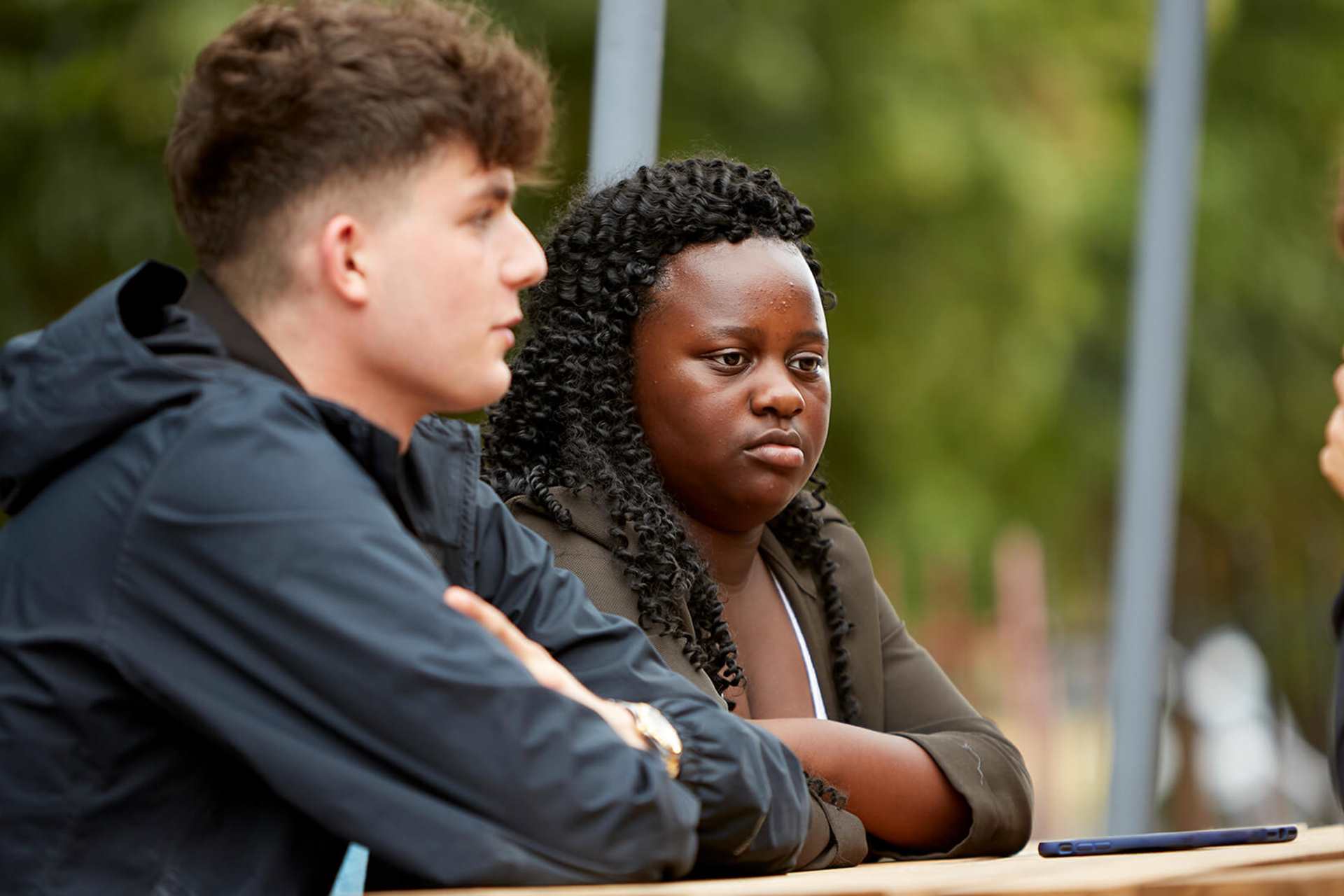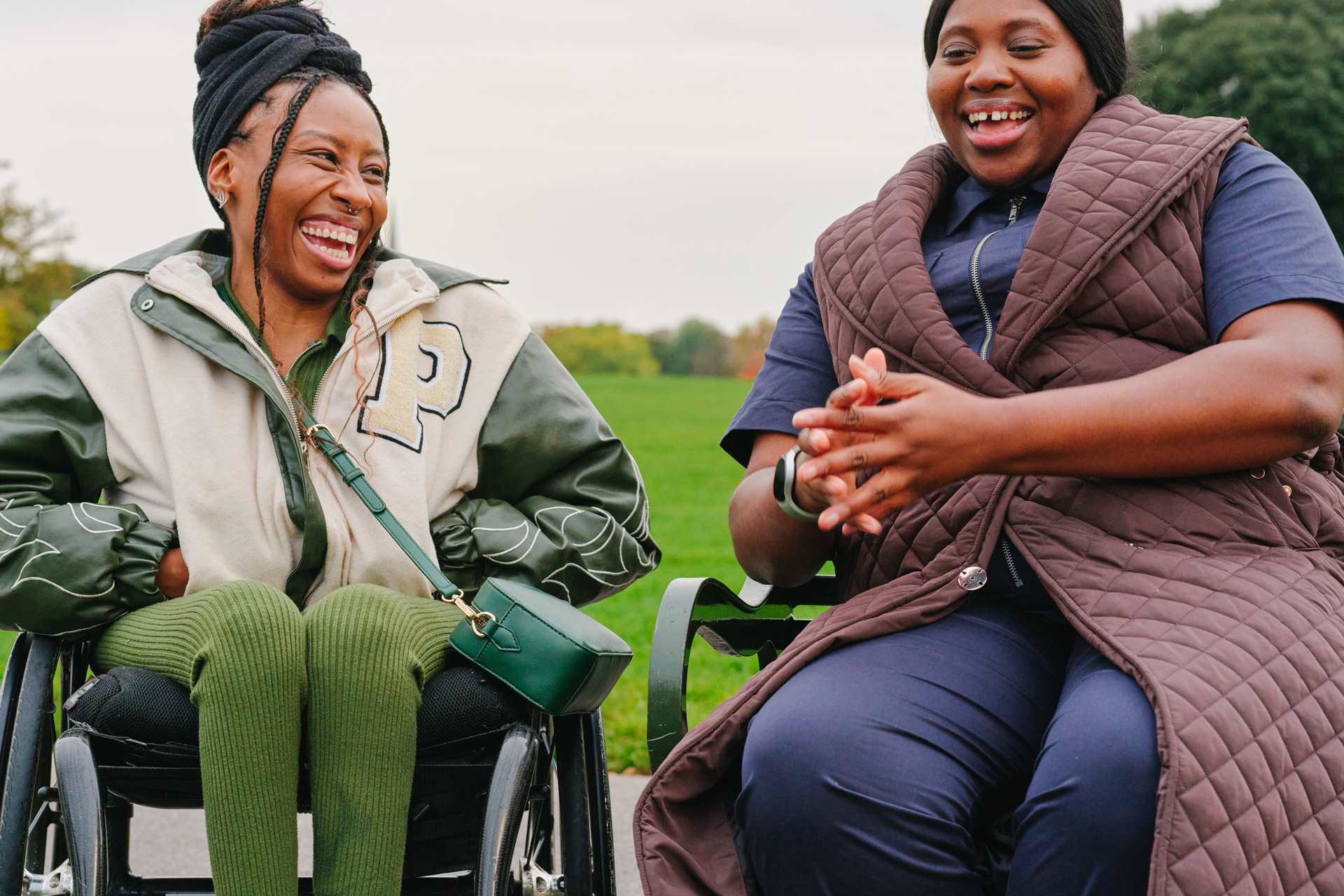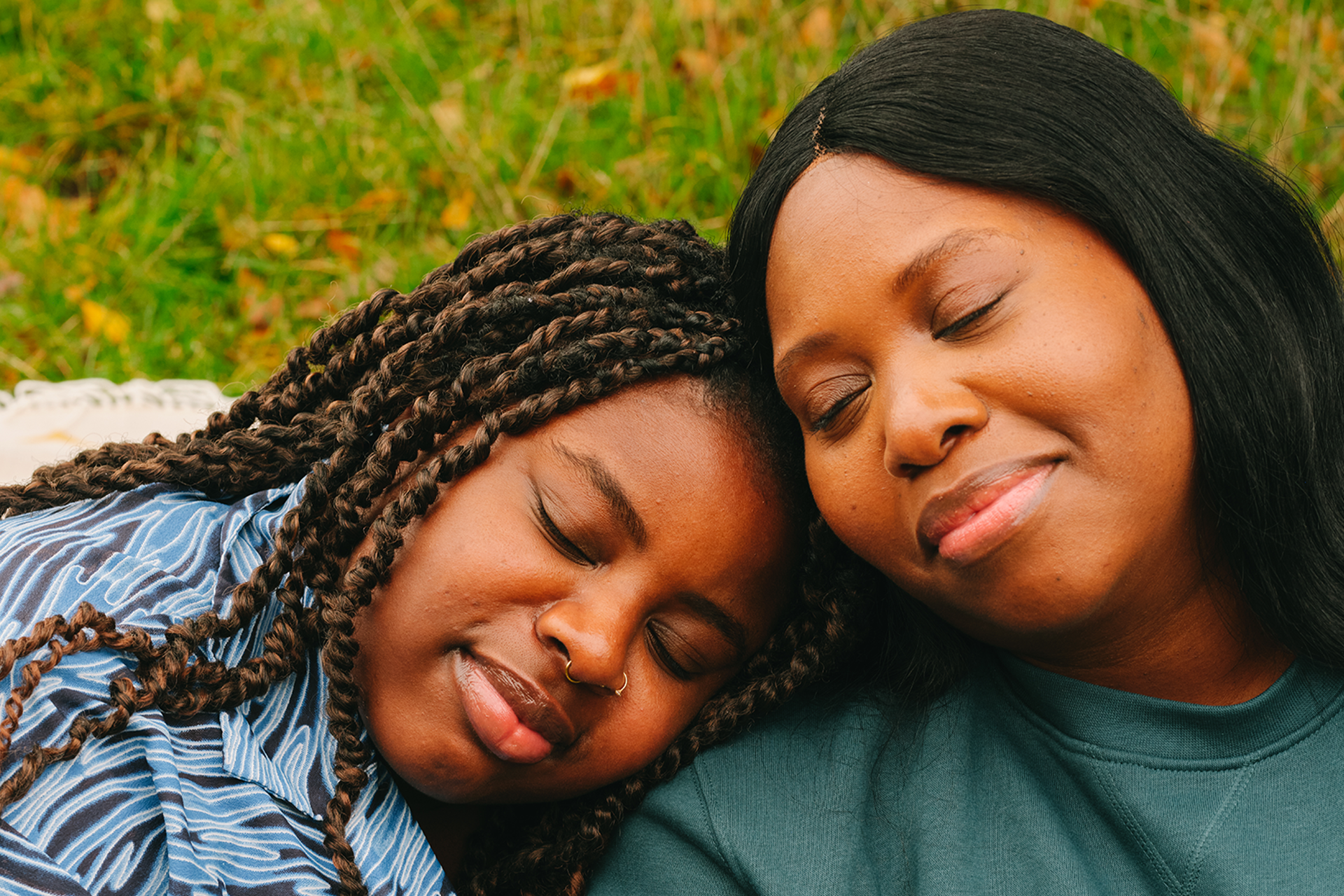Topics mentioned: disability and mental health, friendships
About: Summer can be all go and all fun. But if you're living with a chronic illness, lots of social activities and the heat can make things challenging. Eden shares the challenges she's faced this year and her top tips for coping in the summer.
Socialising, going to concerts and holidays, going to events, and reaching big milestones like graduating. That’s what the summer is all about right? There’s often a lot of pressure on us as young people to have the ‘perfect’ summer but in reality, summer can be quite an isolating and challenging period for a lot of people. Especially those of us living with chronic illness.
I know first-hand the challenges that summer can bring when living with chronic illness. It’s tough. But I wanted to share my own experiences as well as the experiences that I’ve heard from others to reassure other young people who might be going through it. You’re not alone – other young people are going through it too.
What are the challenges of living with chronic illness in the summer?
Things like graduation, exam results and passing your driving test can be hard to see other people achieve, especially if you haven’t been able to try these things for yourself. I couldn’t sit my exams and had to drop out of university. So I found it a lot harder this year because I was seeing people who I went to school with starting to graduate.
A lot of people with chronic illness often struggle a lot more in the heat and are more prone to flare-ups. These flare-ups can cause increased pain, brain fog and debilitating fatigue which can mean that you aren’t able to do as much as you can on a ‘normal ‘day.
Summer is a busy time of year for organisations to hold in-person events and conferences rather than online ones, as young people are on summer break. These events are great opportunities for activists to come together in person, learn more and speak about causes their passionate about. But as someone unable to travel due to limited mobility, it can be hard seeing my friends going to loads of different events all across the country and I feel stuck. Having friends all over the country is great in some ways, but it’s hard when you’re not able to travel and meet them.
Socialising with a chronic illness is challenging a lot of the time, not just in the summer. But often in the colder months people are so busy that you don’t notice you’re not meeting up so much. In summer, there are far more activities, holidays and festivals going on. But these can take a lot out of you if you’re living with limited energy or if you find it hard to travel.
A lot of young people often get full-time jobs or internships during the summer. But most of these aren’t accessible if you have a chronic illness. Missing out on these opportunities can make you feel like you’re not doing or contributing enough to society. It’s easy to compare yourself to others but remember that you’re doing your best each day despite the challenges that you face.
How to make summer work for you
These challenges can be hard. But there are things I've found that have helped. Here are my top tips and advice that have got me through this summer.
-
Keep cool in the hot sun
This can be difficult to manage but making sure you’re trying to stay as cool as possible and planning extra rest time and breaks is really important. I use fans or ice mats that I can lie on to help regulate my temperature.
-
Volunteer
This has been a great way for me to meet new people, learn new skills and develop my confidence. It’s helped me to feel a sense of purpose and connection to my community. There are a lot of opportunities online to do work experience or youth leadership programs as well as in-person volunteering that can be adapted to your needs.
-
Find support from people who understand
Depending on what chronic illness you have, there might be local support groups you can meet up with. But there are also online options available that are more accessible. Meeting other young people who have chronic illness has been so helpful for me and has made me feel less isolated and more understood as they can empathise with what I’m going through.
-
Find accessible ways to keep connected
Keeping connected is so important and although this can look different when you have a chronic illness, there are adaptations you can put in place to help you have fun and make the most of the summer. For example, I like to do online movie watch parties with my friends. I have also started to have my own concerts every weekend in my room with snacks and in my bed at my own pace. You could try lower energy activities like arts and crafts, send letters or postcards to your friends, or send them things that you have made – because who doesn’t like getting something in the post!
-
Celebrate the small wins each day
This is really important to do every day. I write three things that I’m grateful for each day and a little bit about what I’ve done, even if this is just getting out of bed or going to sit outside for 10 minutes. That is a big achievement in itself. Living with chronic illness can be so hard and we often don’t give ourselves enough credit for dealing with the challenges that it brings. So allowing yourself some time to reflect and celebrate the wins is so important.
-
Take a break from social media
Taking a break or even just limiting your time on social media can be really helpful. I know that as young people with chronic illness, we can be reliant on technology to help us keep connected to the world, but taking a break can help your mental health and help you stop comparing yourself to others and their achievements.
-
Set boundaries with other people
I’ve found it helpful to say no to people when they need things from me or want to meet up. This can be challenging to do but it’s not rude if it’s what you need. You know your body best and often pushing through can make things worse. Allow yourself time to rest and look after yourself.
It’s really important to remember that you aren’t alone and there are other young people who are experiencing something similar to you. Summer can be hard, but you can make the most of it in your way and reclaim the season. It doesn’t look the same for everybody and that’s okay. Do a little thing that you enjoy each day. Take it at your own pace. This summer, make it your own.
More information and advice
We have tips and advice to help you find the support you need. Take a look at our guides.
Where to get help
However you're feeling, there are people who can help you if you are struggling. Here are some services that can support you.
-
Childline
If you’re under 19 you can confidentially call, chat online or email about any problem big or small.
Sign up for a free Childline locker (real name or email address not needed) to use their free 1-2-1 counsellor chat and email support service.
Can provide a BSL interpreter if you are deaf or hearing-impaired.
Hosts online message boards where you can share your experiences, have fun and get support from other young people in similar situations.
- Opening times:
- 24/7
-
Youth Access
Provides information about local counselling and advice services for young people aged 11-25.
Put in your location and what you need help with into their 'Find help' search, and see what services are available in your area.
